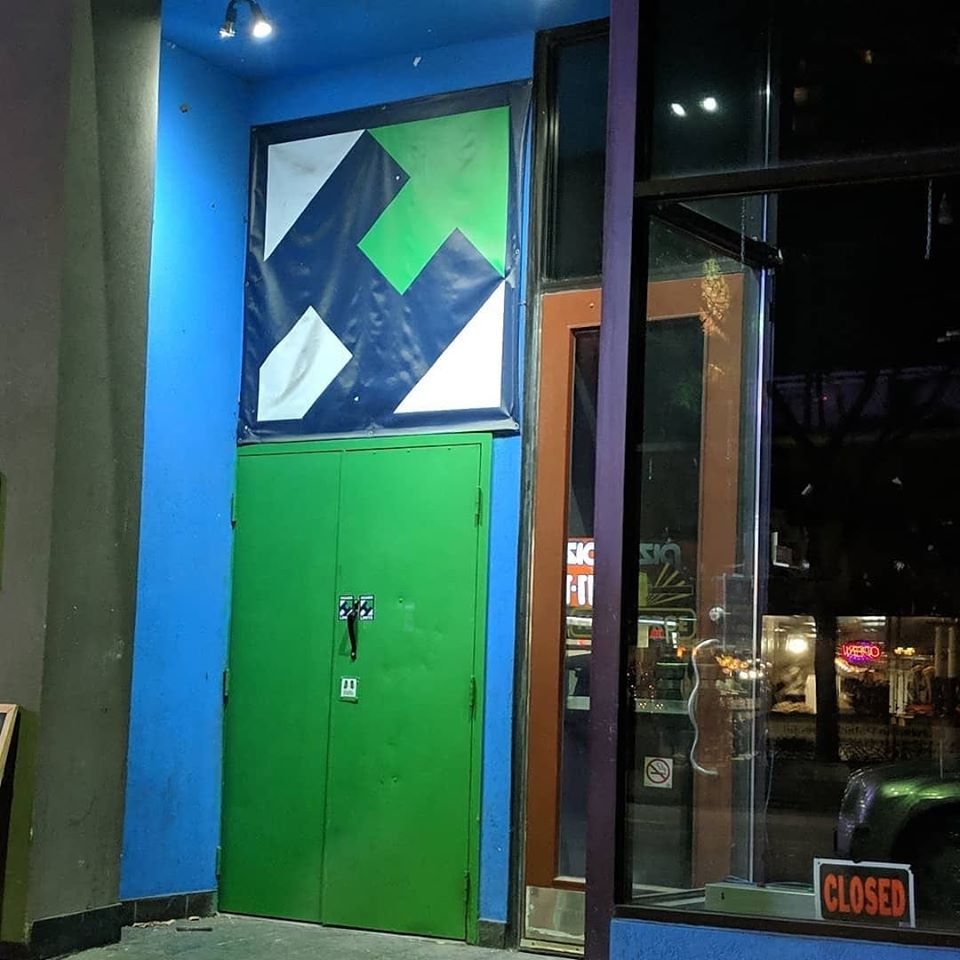Merry Jane – Remy L. Roy
But could a lack of order mean the dream goes up in smoke?
Any fears for the future of Canadian cannabis should’ve been arrested on 4/20 when Health Minister Jane Philpott told the UN special session on drugs that the country would introduce legislation for legalization next spring.
But even with a timeline for reform set, much uncertainty still remains. Philpott’s announcement, meant to clear the air on where Canada is going on the cannabis file, has left in its wake more questions than answers.
A year out from realizing a pledge that helped Justin Trudeau ride a red wave of votes to Canada’s top job, the confusion surrounding the country’s cannabis laws continues unabated. As the federal government scrambles to draft new laws for recreational and medical marijuana, the power vacuum that’s formed in the seven months since the election seems to be expanding by the day.
Nowhere are the pains of that struggle being felt more than in British Columbia and Ontario.
While Ontario Premier Kathleen Wynne has come out in support of legalization and even proposed a preferred distribution channel, public opinion isn’t on her side. Wynne would like to see the provincially-run liquor stores used as ports for pot sales, but a Forum Research poll shows nearly 6 in 10 Ontarians favor storefronts and drug stores to the LCBO.
The waters are even murkier on the medical front in the province. Recent changes to the Smoke Free Ontario Act by Wynne’s government would mean the end for Ontario’s vape lounges. If passed, the amendments would treat medical marijuana as tobacco and vaporizers like e-cigarettes. The move would gut the community of important spaces for connoisseurs to congregate.
“It’s very confusing,” said Jon Liedtke, owner of Canada’s largest vape lounge.
“This is a province that has not only signaled that they want but are directing that they will place cannabis when it’s legalized in the liquor store. They want to have 100% of the sales and distribution of this product, but yet they don’t want people to be able to consume the medical product in public.”
Since the October election, dozens of unlicensed pot shops have opened in Toronto and the city’s politicians have started to voice concerns over the issue.
Mayor John Tory, who earlier asked the federal government for clarity on how to manage the cannabis file from the municipal front, signalled last week the government would soon crack down on dispensaries with fines up to $50,000.
“We just can’t have allegedly medical marijuana dispensaries popping up on every street corner in a completely unregulated manner, pending a change in the law,” Tory told reporters, echoing the landscape’s most ironic theme: “The law has not changed yet.”
In Vancouver, where cannabis culture has for decades flourished like a wild flower, the city is regulating pot shops and, ultimately, creating further confusion in the community. Ironically, Vancouver is notoriously the first place to really crack down on those operations using the zoning regulations they created to curb dispensary proliferation.
In late April, following the deadline for unlicensed dispensaries to close up, bylaw inspectors issued a total of $11,000 in fines to 44 dispensaries. Twenty-two others respected the city’s zoning bylaws and closed their doors, but most of Vancouver’s over 100 storefronts remain open. The threat of a $250 a day fine has failed to deter the most ardent activists, who are vowing to continue operating. Whether the city will escalate its enforcement policies going forward remains to be seen.
Elsewhere on the Canadian West Coast, the story is even more dramatic. In smaller cities like Chilliwack, Campbell River and Vancouver Island – once a bastion of hippie grace – the Royal Canadian Mounted Police have employed dramatic tactics to crack down on unlicensed dispensaries.
Again, the line between what’s outlawed and what’s allowed has been blurred by strict enforcement on one end, and a lack of execution on the other.
Meanwhile, rather than taking its rightful place on the shelf providing solutions to problems in the community, cannabis has started to plague some Canadian cities like an epidemic. In the year to come, as schisms quickly form over where cannabis should be sold, and by whom, it will be up to politicians on the federal, provincial and municipal fronts to form meaningful policies to ensure the Canadian cannabis dream doesn’t go up in smoke.
https://merryjane.com/news/canada-s-legalization-plan-finally-has-a-timeline


Leave a Reply